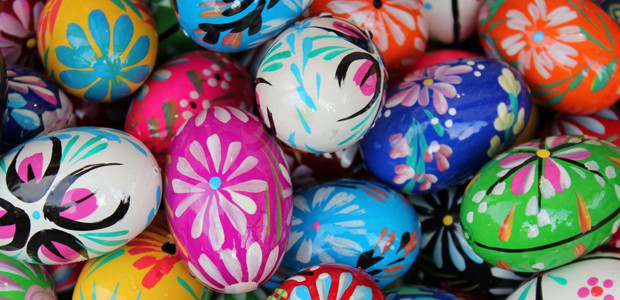The Pagan origins of Easter
April 7, 2022
Easter is one of the most important Christian holidays, celebrating the resurrection of Jesus Christ. Despite its Christian roots, people of all faiths celebrate Easter for their own personal reasons. Many people, Christian or otherwise, enjoy taking part in egg hunts, gift-giving, and spring festivities. What many do not realize, however, is that these well-loved traditions do not have a Christian origin. So, where do Easter traditions come from?
The earliest Christians celebrated the rebirth of Jesus, a holiday known as the Resurrection, but the first recorded celebration of Easter occurred in the second century. Before Christianity, Germanic Pagans celebrated a spring festival known as Ostara or Eostre, dedicated to the springtime goddess of either name. The iconography of rabbits and eggs seemingly began with this Pagan sabbat, as they represented the fertility and new beginnings of spring.
The Resurrection began to coincide with Ostara when Christians attempted to convert the Germanic Pagans. The church blended many Christian and Pagan holidays, such as Christmas and Yule, to make the conversion more palatable. Because Ostara took place at a similar time to the Resurrection, Christians blended Pagan imagery of eggs, rabbits, and flowers, but replaced the fertility celebrations with the biblical resurrection.
So, Easter is a complex blend of Christian ideas and Pagan celebrations. The holiday is important to modern day Christians and Pagans alike, as well as nonreligious people. No matter how or why you celebrate this holiday, consider its rich cultural history the next time you eat a chocolate bunny.


